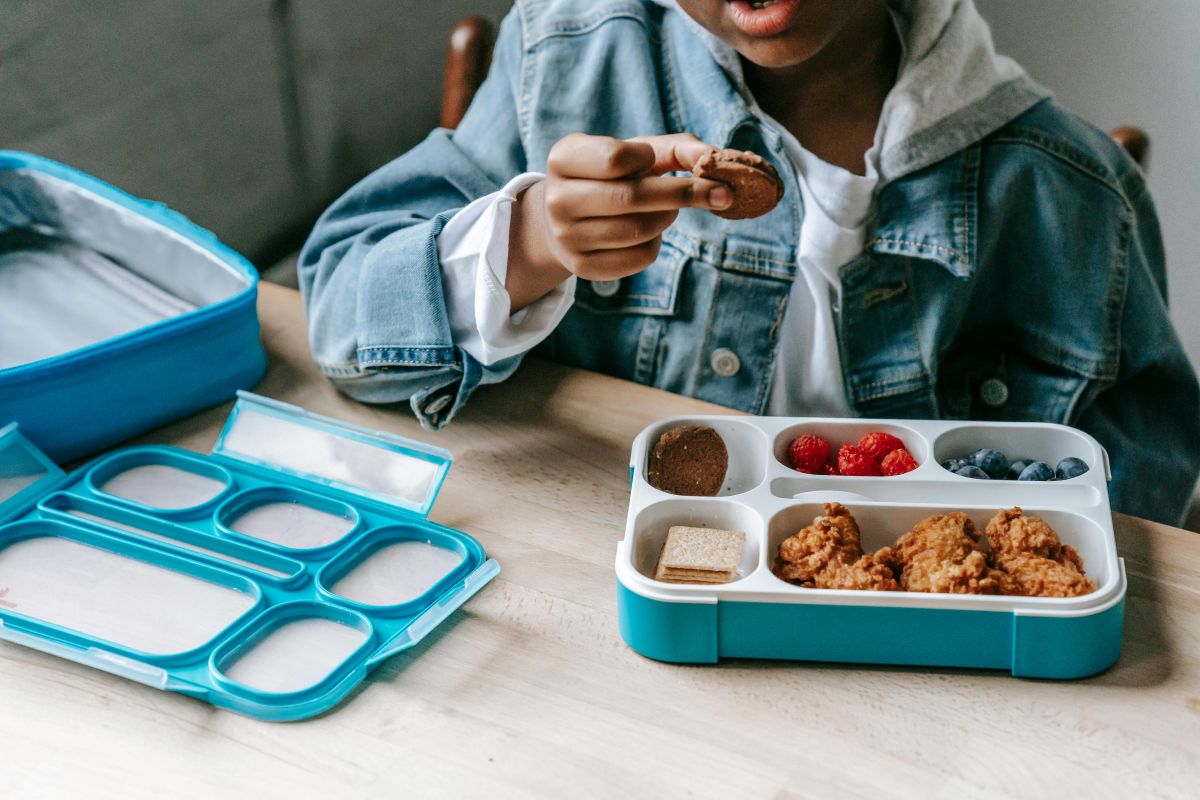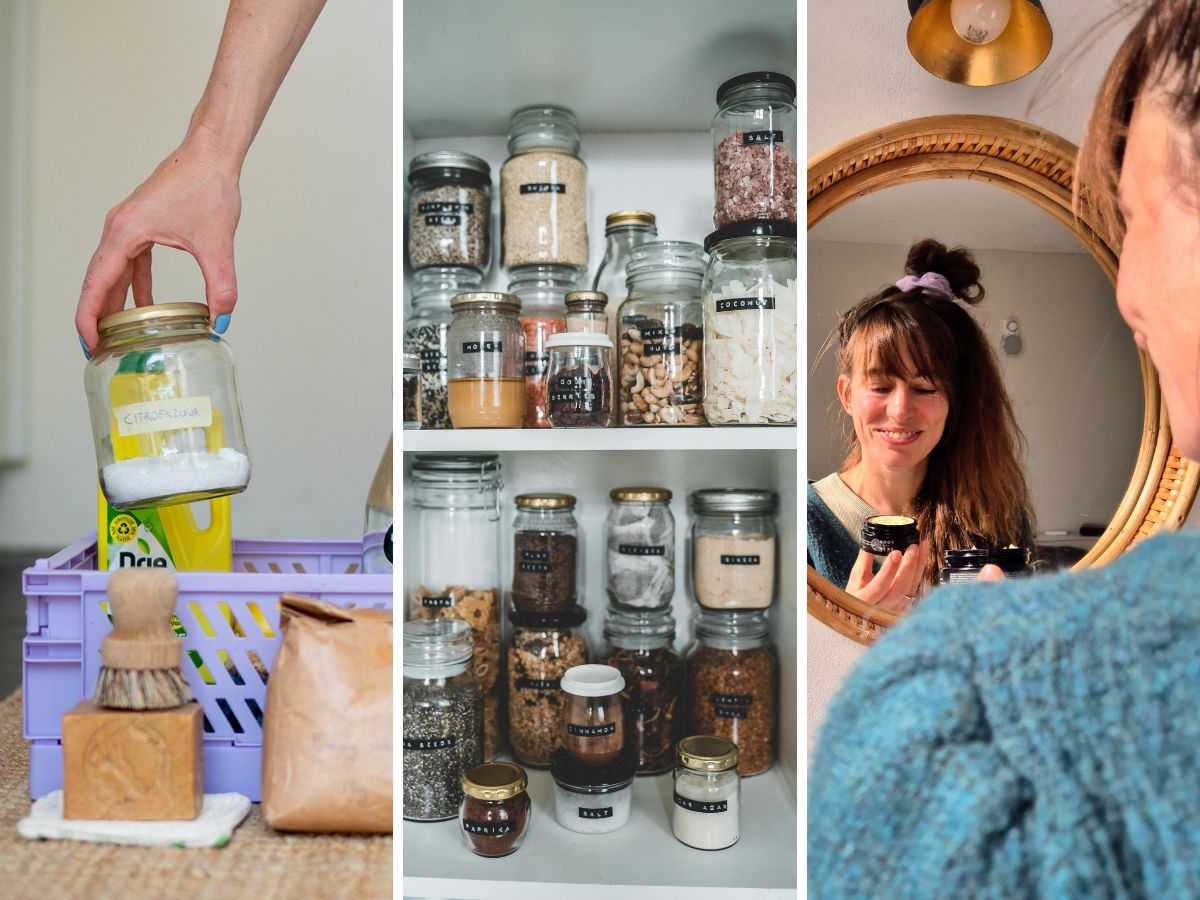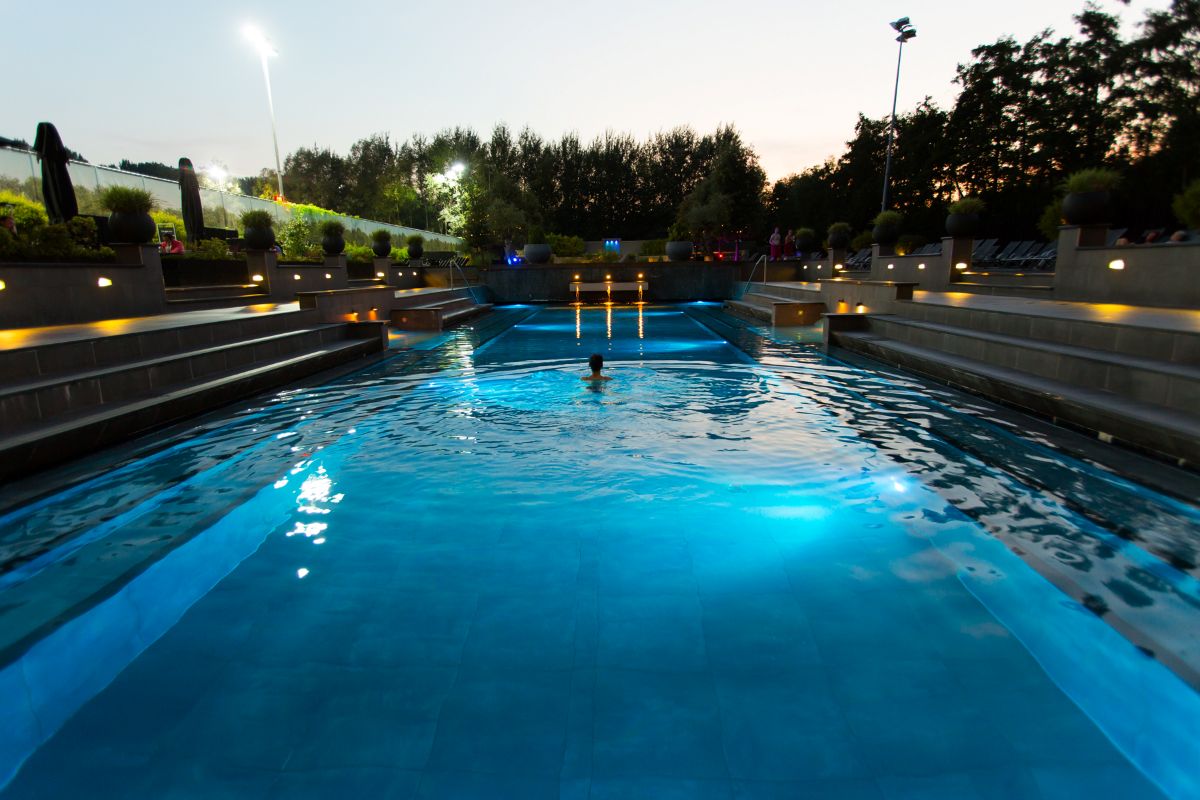It could just be that your plastic lunchbox and sippy cup contain substances that can get into your food and drink and are not so good for your health - let alone that of your kids. Aii. But bisphenol A (BPA) was banned not so long ago, wasn't it? We hear you thinking. No, this is about a different substance - plasticisers - called DIBP.
Plasticisers in drinking bottles and lunch boxes
It is true that most of the plastic drinking cups, bottles, lunch boxes and lunch trays you buy these days are BPA-free (it is even now prohibited by law). But that does not mean they are completely free of harmful substances. At least, chances are they are not. We like to explain: a lesser-known substance that has not yet been banned is Di-isobutyl phthalate (DIBP), a plasticiser that makes plastic flexible and pliable. You find it in plastic packaging, glue, printing ink, toys and some lunchboxes and drinking cups.
What happens in the dishwasher?
Research by the Antidote Foundation shows that DIBP can be released under certain circumstances. This is worrying because DIBP, like the banned substance BPA, is an endocrine disruptor and has been linked to fertility and developmental problems in unborn children, among other things. The researchers found that DIBP is released in plastic drinking bottles when they are washed frequently in the dishwasher. And let's face it: that's exactly how most people clean their lunchboxes and drinking cups. But what next? Should we throw away these cheerful tumblers and cups immediately? Or is there a smarter solution?
Researchers tested 39 plastic drinking bottles and found that more than half started giving off DIBP after several dishwashing cycles. Before dishwashing, this substance had only been found in one bottle. To check, there was also a test group that washed the bottles by hand. And what turned out? No increase in DIBP was measured in these bottles. This indicates that it is mainly the dishwasher that corrodes the plastic and releases the harmful substances. Conclusion: the combination of high temperatures and dishwasher detergents can corrode the plastic, allowing plasticisers and other chemicals to get into your food and drinks. Not a good idea.
What is the best thing to do with your (old) plastic lunch box and drinking cup?
We were also mulling it over. Is it smart now to buy a pointy cup and drum rücksichtslos throw away or is that a bit excessive? For your health and especially that of your children, you will do anything, right? We have therefore created a decision tree to get you started. Not all drums need to go straight to PMD or residual waste, but think carefully about what you do with them.
- Do you have a relatively new plastic lunch box and drinking cup (or bottle) and haven't put them in the dishwasher (often) yet? Keep using them, but from now on always rinse by hand with mild soap and lukewarm water.
- Is your plastic bread bin already old or already been in the dishwasher more than 20 times anyway? That chance is definitely there with our dishwashing culture. Then consider buying a new one and wash those cups and tumblers by hand from now on.
- Going for a new one? Opt for a stainless steel (SS) bread bin or drinking cup, which is a safe choice of material. Still prefer plastic? Go for a new one from a reliable European brand and never wash it in the dishwasher. Rinsing with lukewarm water and an ecological detergent is enough and will keep the dust off.


Fortunately, there are also good plastic-free alternatives without plasticisers, such as lunch boxes and stainless steel (SS) drinking cups.
Plasticisers everywhere
Chances are, after reading this article, you will pull open your kitchen cupboards and think: ai, I have so many plastic containers and cups that have been in the dishwasher more than 20 times! Don't panic, you don't have to throw everything away radically right away. But it is a good idea to switch step by step to new, safer alternatives, such as stainless steel or glass. Apply the first in, first out rule: replace the oldest and most frequently used plastic containers first. And console yourself with the thought that almost everyone has used these products for years without a second thought. Unfortunately, the problem with endocrine disruptors in food packaging is much bigger than just drinking cups and lunch boxes. The good news? Due to increasing pressure, more and more harmful substances are being banned - as BPA already is.
Still looking for something new? We have compiled a list of the nicest sustainable stainless steel drinking cups. And while we were at it, we also immediately the stainless steel lunchbox list made for you. Good luck browsing! Do you have a great tip for a great mug, lunchbox or other safe storage solution? Let us know about it! We love good tips from our readers.
More sustainable tips from thegreenlist.nl
- Also see: the truth about plastic packaging.
- Also see: 10 tips for going on a plastic diet.
Sources radar.avrotros.nl, antidote.nl, WHERE IS IT.nl. Photo credits: main image: Katerina Holmes (Pexels),other: drum: Tima Miroshnichenko (Pexels), bottle: Taryn Elliott (Pexels).












